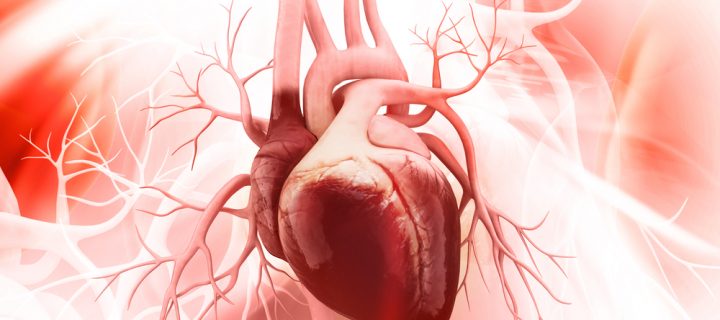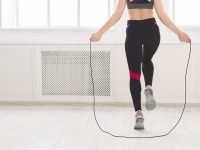Transplant organs have always been cooled to help preserve them. With this new device, warm is where it’s at – at least for hearts.
A new device, the Organ Care System, or ‘heart in a box’, is a new heart-storage system that keeps hearts warm while they’re being transferred from a donor to a new patient. The heart doesn’t stop beating while it’s being transported.
Designed by Transmedics, the system keeps the heart at an appropriate temperature and humidity level, all while fueling it with oxygen, blood, and nutrients. It’s fed through a tube attached to the heart, which also helps it continue to beat.
While the design is revolutionary, the system currently goes for $250,000 – way too expensive to be in hospitals at this stage of the design. But the applications to heart transplant procedures are monumental.
What makes this device so important is it allows surgeons to take hearts from donors that would not have been eligible in the past. This opens the donor pool to a much wider range of potential candidates; the “heart in a box” can reanimate a heart that has stopped beating in a body that has undergone ‘circulatory death,’ where the heart itself is no longer functioning.
Until now, surgeons consider hearts from dead donors too damaged to use.
“The device is vital. The heart gets an absolutely essential infusion of blood to restore its energy,” says Stephen Large, a surgeon at Papworth Hospital in the United Kingdom, which has used the system as part of eight heart transplants.
Typical with medical breakthroughs, moral dilemmas are already surrounding the Organ Care System. For example, how does one determine a patient is ‘dead?’
“How can you say it’s irreversible, when the circulatory function is restored in a different body? We tend to overlook that because we want to transplant these organs,” asks Robert Truog, a medical ethicist from Harvard University, in an MIT Technology Review.
“My argument is that they are not dead, but also that it doesn’t matter provided that the family has consented to the procedure. The question is whether they are being harmed, and I would say they are not.”
Photo credit: Liya Graphics/Shutterstock












